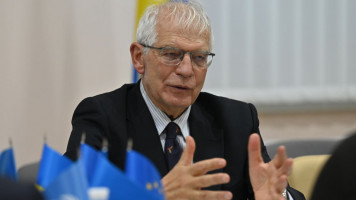New UN war crimes probe a 'step closer' for justice in Syria
The international community has taken a "step closer" to achieving justice for alleged war crimes in Syria's brutal war, the judge leading a new United Nations effort to investigate the conflict said on Tuesday.
Hundreds of thousands of civilians have been killed in the war, mostly by the regime and its powerful allies, while millions more have been displaced both inside and outside of Syria.
The brutal tactics pursued mainly by the regime - which have included the use of chemical weapons, sieges, mass executions and torture against civilians - have led to war crimes investigations.
Catherine Marchi-Uhel of France is in charge of a new body known as the "International, Impartial and Independent Mechanism", which is tasked with preparing prosecutions for major international crimes committed in Syria.
"We're getting a step closer to prosecution and trials," she told reporters in Geneva, voicing hope that her work will have "a detering effect" on the violence that continues to rage on the ground.
Her mandate is to compile prosecutorial files that could be used by any jurisdiction - domestic or international - capable of taking action against the perpetrators of major international crimes in Syria.
She will also be allowed to pursue cases against all actors in the conflict, including President Bashar al-Assad's regime, opposition force and the Islamic State group.
Marchi-Uhel said that there was no need to travel to Syria, as there was already mountains of evidence available that needed to be analysed and stored.
The panel will work closely with the UN Commission of Inquiry (COI), which has submitted regular reports detailing atrocities in the Syrian conflict.
The COI has repeatedly called for the UN Security Council to use its reports as grounds to refer the Syria case to the International Criminal Court.
But permanent Security Council members, including China and Damascus-ally Russia, have blocked those moves.
Former war crimes prosecutor Carla Del Ponte resigned from the COI last month after decrying Security Council inaction to hold criminals accountable in the war-battered country where "everyone is bad".
"I give up. The states in the Security Council don't want justice," Del Ponte said at the time. "I can't any longer be part of this commission which simply doesn't do anything."
An alliance of Western powers including the United States, Britain and France last year successfully pushed for the creation of a new body in response to the Security Council's inaction.

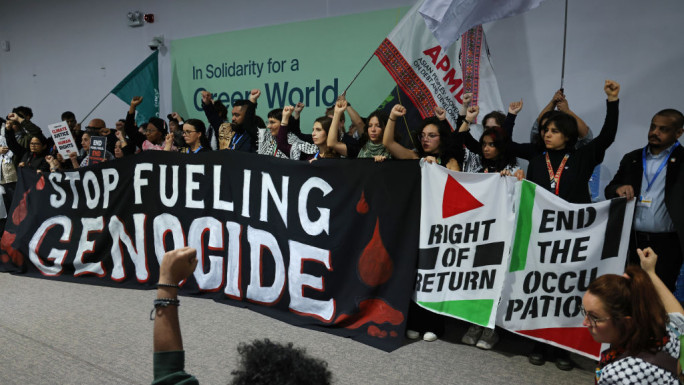
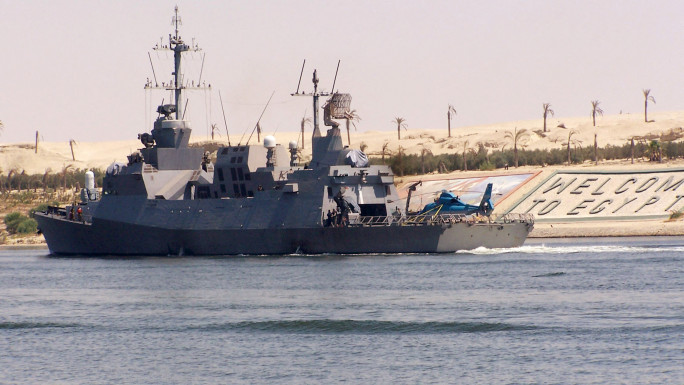
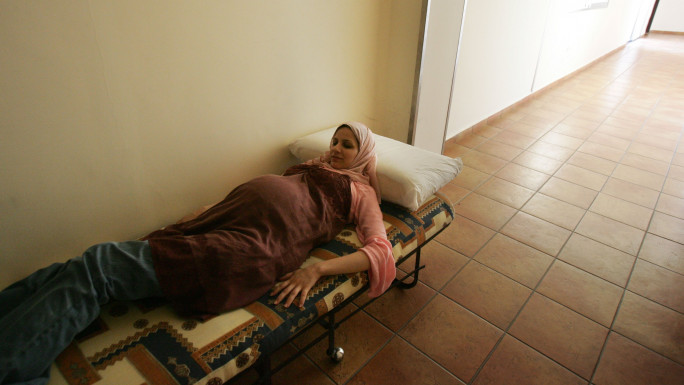
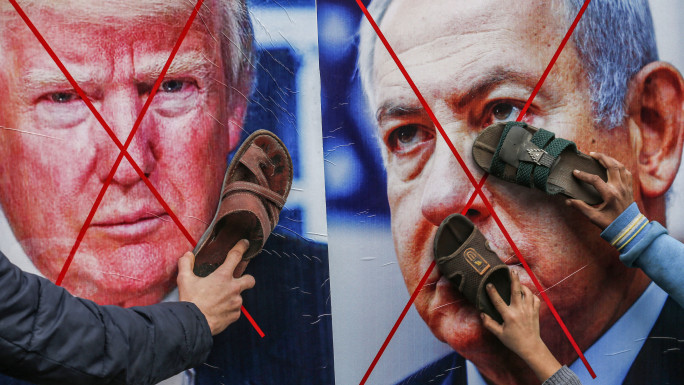
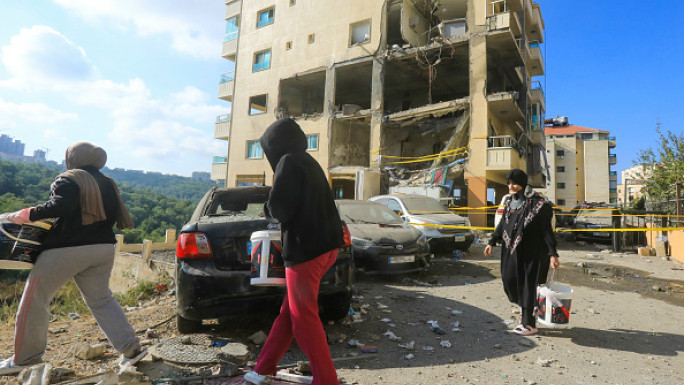
 Follow the Middle East's top stories in English at The New Arab on Google News
Follow the Middle East's top stories in English at The New Arab on Google News
![Gazans reel after Israel strike [Getty]](/sites/default/files/styles/image_330x185/public/2183300682.jpeg?h=a5f2f23a&itok=fN-GAQGE)

